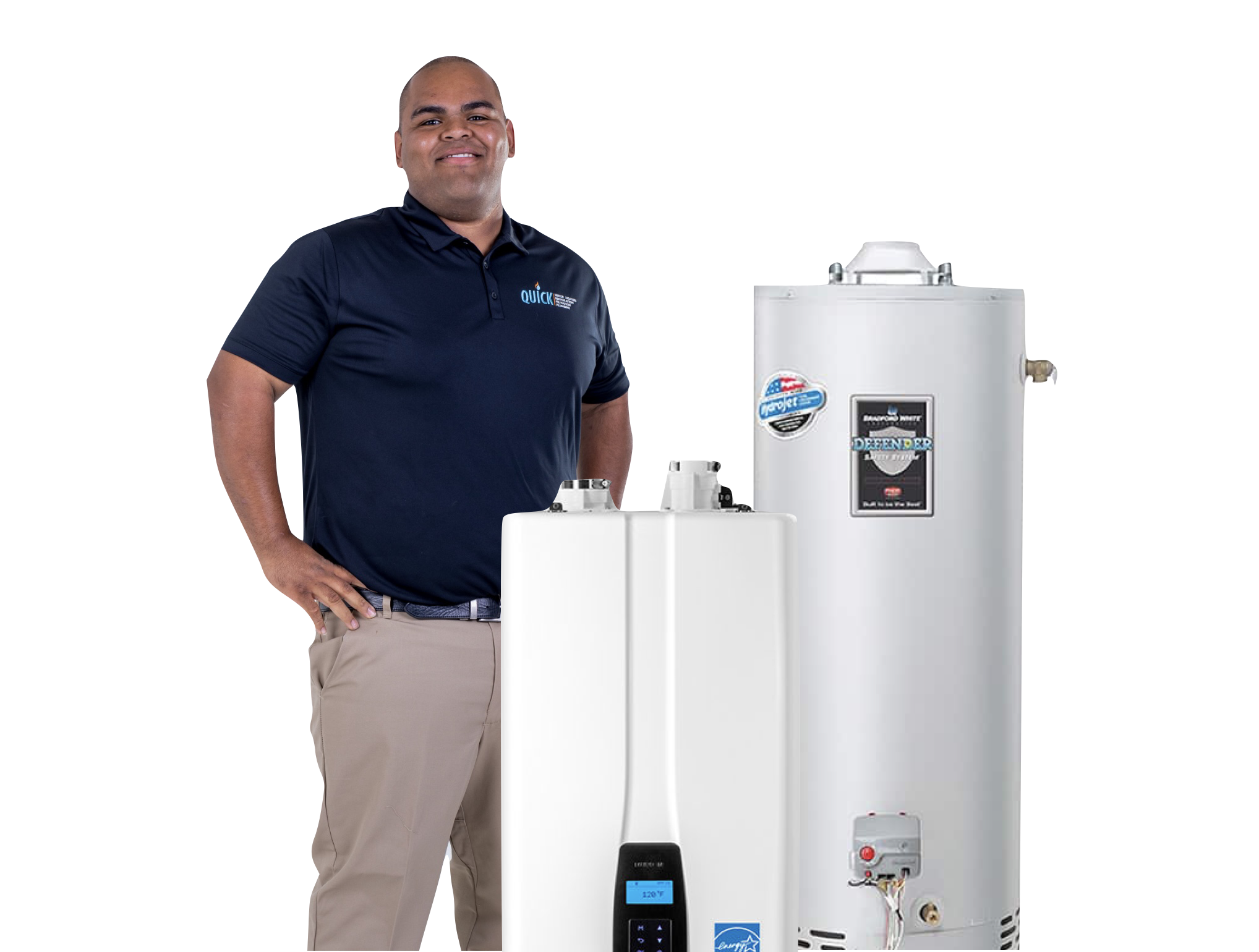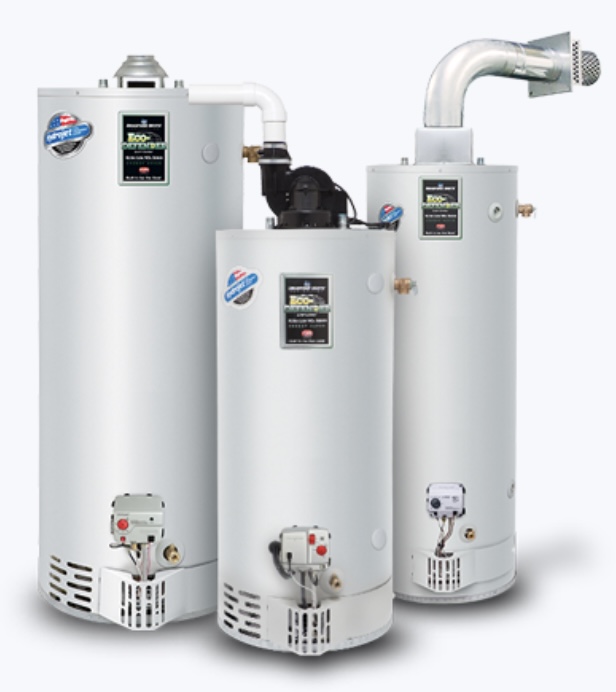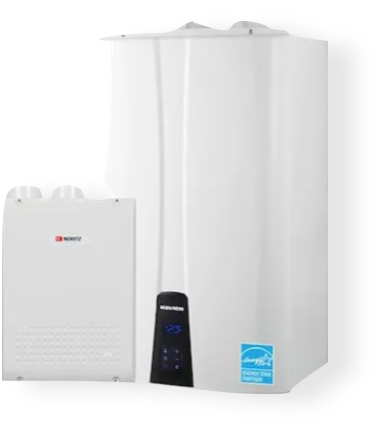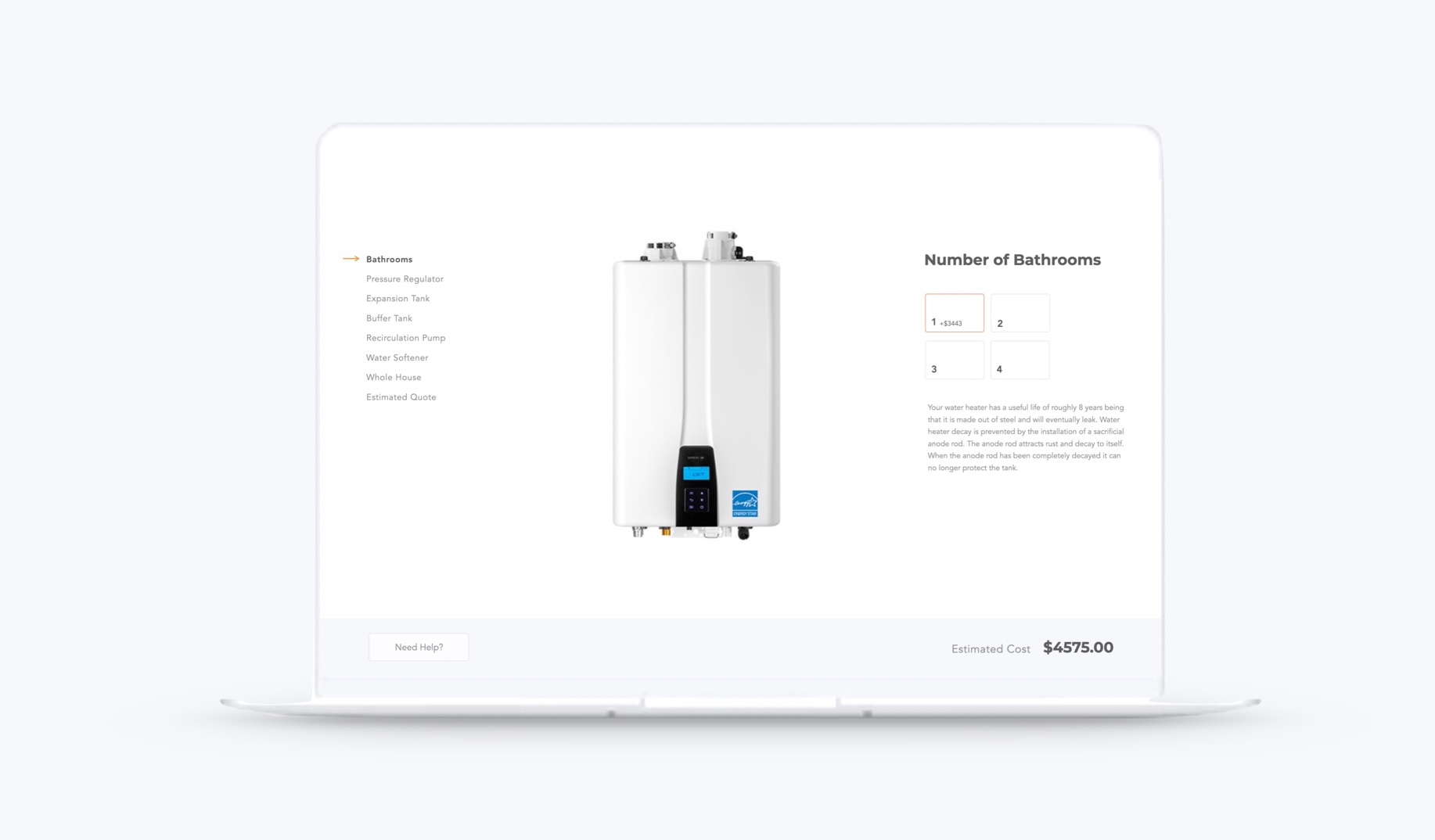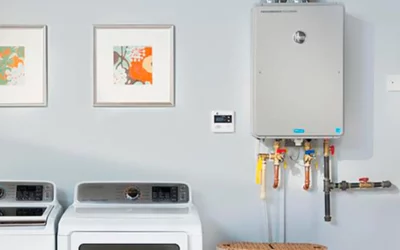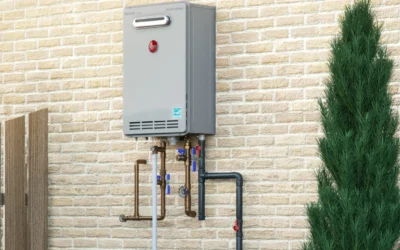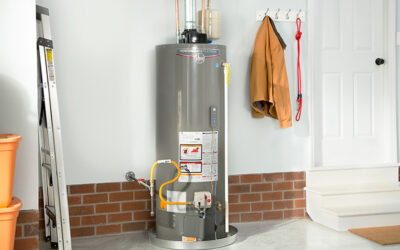Solar water heater maintenance and repair is crucial for ensuring the efficient and reliable operation of these systems. Regular maintenance helps to identify and address any issues before they become major problems, prolonging the lifespan of the equipment and maximizing its energy-saving potential. This overview article will provide useful tips for maintaining solar water heating systems, as well as common repair issues and when to seek professional help. Additionally, frequently asked questions will be addressed to provide comprehensive guidance on solar water heater maintenance and repair.
Why is Maintenance Important for Solar Water Heaters?
Maintenance is crucial for solar water heaters to ensure their optimal performance and longevity.
Understanding the significance of regular maintenance
Regular maintenance is crucial for the effective functioning and longevity of solar water heating systems. It helps to ensure that the system operates at its optimal efficiency, minimizing energy wastage and maximizing cost savings. Regular maintenance also helps to identify and address potential issues before they escalate into major problems, reducing the likelihood of costly repairs or system breakdowns. Moreover, maintaining your solar water heater regularly can extend its lifespan, saving you money in the long run. By understanding the significance of regular maintenance, you can take proactive steps to keep your solar water heating system in top condition and enjoy its benefits for years to come.
Tips for Maintaining Solar Water Heating Systems
Tips for maintaining solar water heating systems include checking for leaks and plumbing issues, cleaning and inspecting solar panels, testing and calibrating temperature and pressure relief valves, flushing the system to remove mineral deposits, and inspecting and replacing damaged components.
1. Checking for leaks and plumbing issues
When it comes to maintaining a solar water heating system, one important step is to regularly check for leaks and plumbing issues. This is crucial because even a small leak can lead to significant water and energy loss over time. To perform this task, start by inspecting all the pipes and connections for any signs of leakage. Look for water stains, dampness, or puddles around the system. Additionally, check the pressure relief valve and ensure it is functioning properly. If you notice any leaks or plumbing issues, it is essential to address them promptly to prevent further damage and ensure the efficient operation of your solar water heater.
2. Cleaning and inspecting solar panels
Cleaning and inspecting solar panels is an essential part of maintaining a solar water heating system. Over time, dust, dirt, and debris can accumulate on the panels, reducing their efficiency and preventing optimal sunlight absorption. Regular cleaning helps to ensure that the panels are free from any obstructions that could hinder their performance. Inspecting the panels also allows for the early detection of any damage or wear and tear, such as cracks or loose connections, which can be addressed promptly to prevent further issues. By including cleaning and inspecting solar panels as part of the maintenance routine, homeowners can maximize the efficiency and lifespan of their solar water heating system.
3. Testing and calibrating temperature and pressure relief valves
Testing and calibrating temperature and pressure relief valves is an essential part of maintaining a solar water heating system. These valves play a crucial role in regulating the temperature and pressure within the system, ensuring its safe and efficient operation. Regular testing allows you to identify any potential issues or malfunctions that could compromise the performance of the valves. Calibration ensures that the valves are set to the correct levels to provide optimal functionality. By including this step in your maintenance routine, you can prevent potential problems and ensure that your solar water heater operates effectively for years to come.
4. Flushing the system to remove mineral deposits
Flushing the system to remove mineral deposits is an essential step in maintaining a solar water heating system. Over time, mineral deposits can accumulate in the system, particularly in the pipes and heat exchanger, reducing its efficiency. Flushing involves draining the system and using a solution to dissolve and remove the mineral buildup. This process helps to ensure proper water flow and heat transfer, allowing the system to operate at its optimal performance. Regularly flushing the system is recommended to prevent any potential damage and prolong the lifespan of the solar water heater.
5. Inspecting and replacing damaged components
Inspecting and replacing damaged components is a crucial step in maintaining a solar water heating system. Regular inspections help identify any faulty or worn-out components that may be affecting the system’s performance. This includes checking for damaged pipes, valves, or connectors that may be leaking or causing a decrease in efficiency. If any components are found to be damaged, they should be promptly replaced to ensure the system functions optimally. By conducting regular inspections and replacing damaged components, homeowners can prolong the lifespan of their solar water heating system and avoid more extensive repairs in the future.
Common Solar Water Heater Repair Issues
When it comes to common solar water heater repair issues, it is important to be able to identify and troubleshoot these problems in order to maintain the efficiency and functionality of the system.
Identifying and troubleshooting common problems
Identifying and troubleshooting common problems is crucial for maintaining the efficiency and performance of your solar water heating system. By being able to identify issues early on, you can prevent further damage and costly repairs. Some common problems that may arise include leaks, faulty temperature and pressure relief valves, mineral deposits, and damaged components. When troubleshooting these problems, it is important to carefully inspect the system, test its various components, and address any issues promptly. Regular maintenance and timely repairs can help ensure that your solar water heater operates optimally and provides you with a reliable source of hot water.
When to Seek Professional Help for Solar Water Heater Maintenance and Repair
If you are unsure about how to properly maintain or repair your solar water heater, it is recommended to seek professional help. Quick Water Heater, a top-rated water heater installation, replacement, and repair service company in San Diego County, can provide the expertise and assistance you need. With transparent pricing and a commitment to delivering the highest quality service, Quick Water Heater is an excellent choice for addressing any complex or challenging maintenance or repair issues.
Knowing when DIY is not enough
Knowing when DIY is not enough is crucial for the maintenance and repair of solar water heaters. While performing regular maintenance tasks such as checking for leaks, cleaning solar panels, and testing valves can be done by homeowners, there are instances when professional help is necessary. It is important to recognize the limitations of your own knowledge and skills, especially when dealing with complex repair issues or when safety is a concern. Seeking the expertise of a professional solar water heater repair service ensures that any problems are accurately diagnosed and effectively resolved, providing you with peace of mind and optimal performance of your solar water heating system.
Frequently Asked Questions (FAQ)
Frequently Asked Questions (FAQ): Get answers to common inquiries about solar water heater maintenance and repair.
1. How often should I perform maintenance on my solar water heater?
Regular maintenance for solar water heaters should be performed at least once a year to ensure optimal performance and extend the lifespan of the system.
2. Can I clean the solar panels myself?
Yes, you can clean the solar panels yourself by following the manufacturer’s instructions and using mild soap, water, and a soft cloth or sponge.
3. What are the signs that my solar water heater needs repair?
There are several signs that indicate a solar water heater may need repair, such as a decrease in water temperature, reduced water flow, unusual noises, or leaks.
4. How long does a typical solar water heating system last?
A typical solar water heating system can last for several decades with proper maintenance and care.
5. What qualifications should I look for in a professional solar water heater repair service?
When looking for a professional solar water heater repair service, it is important to consider qualifications such as experience, certifications, and customer reviews to ensure you receive the highest quality of service.


